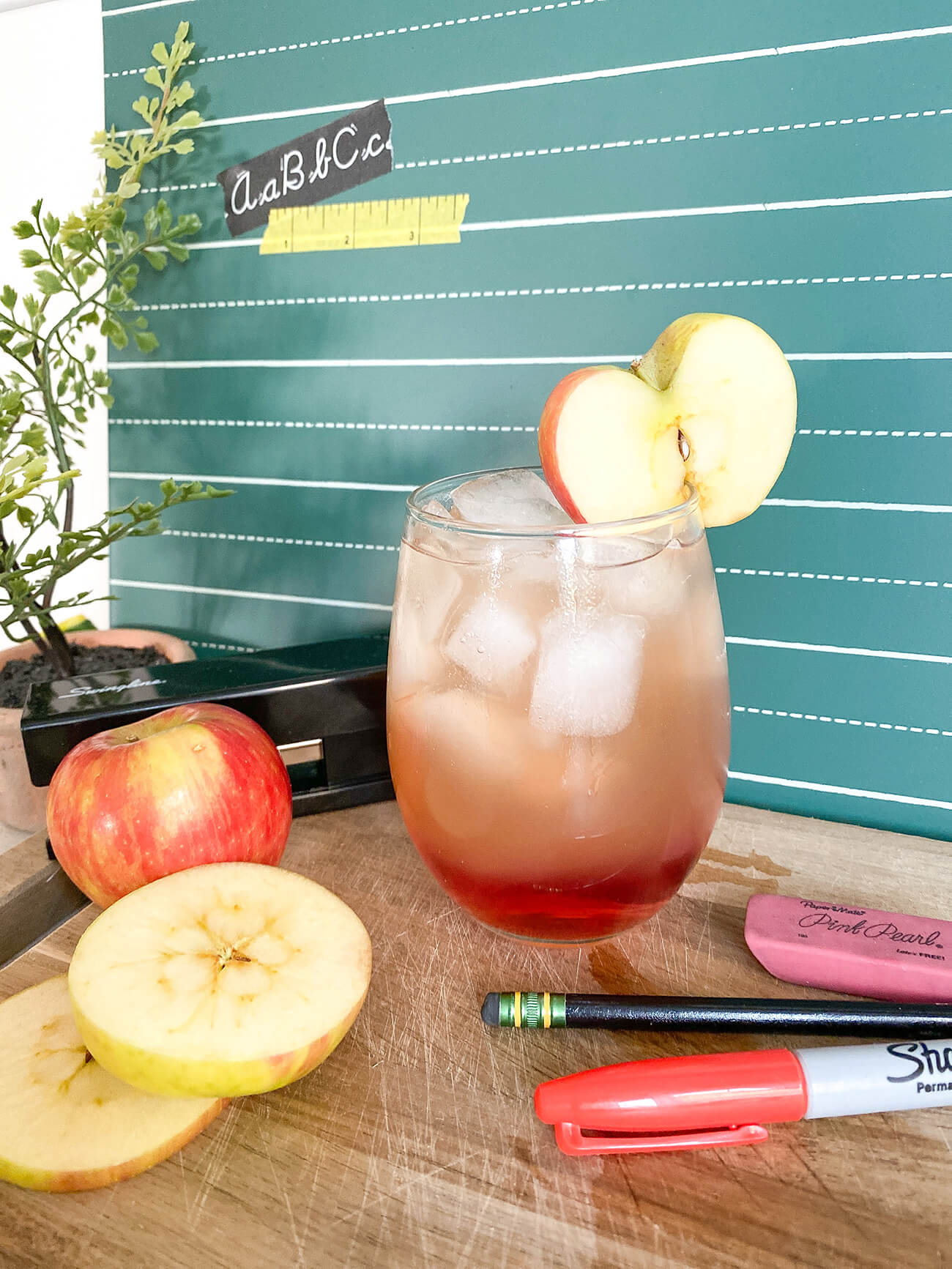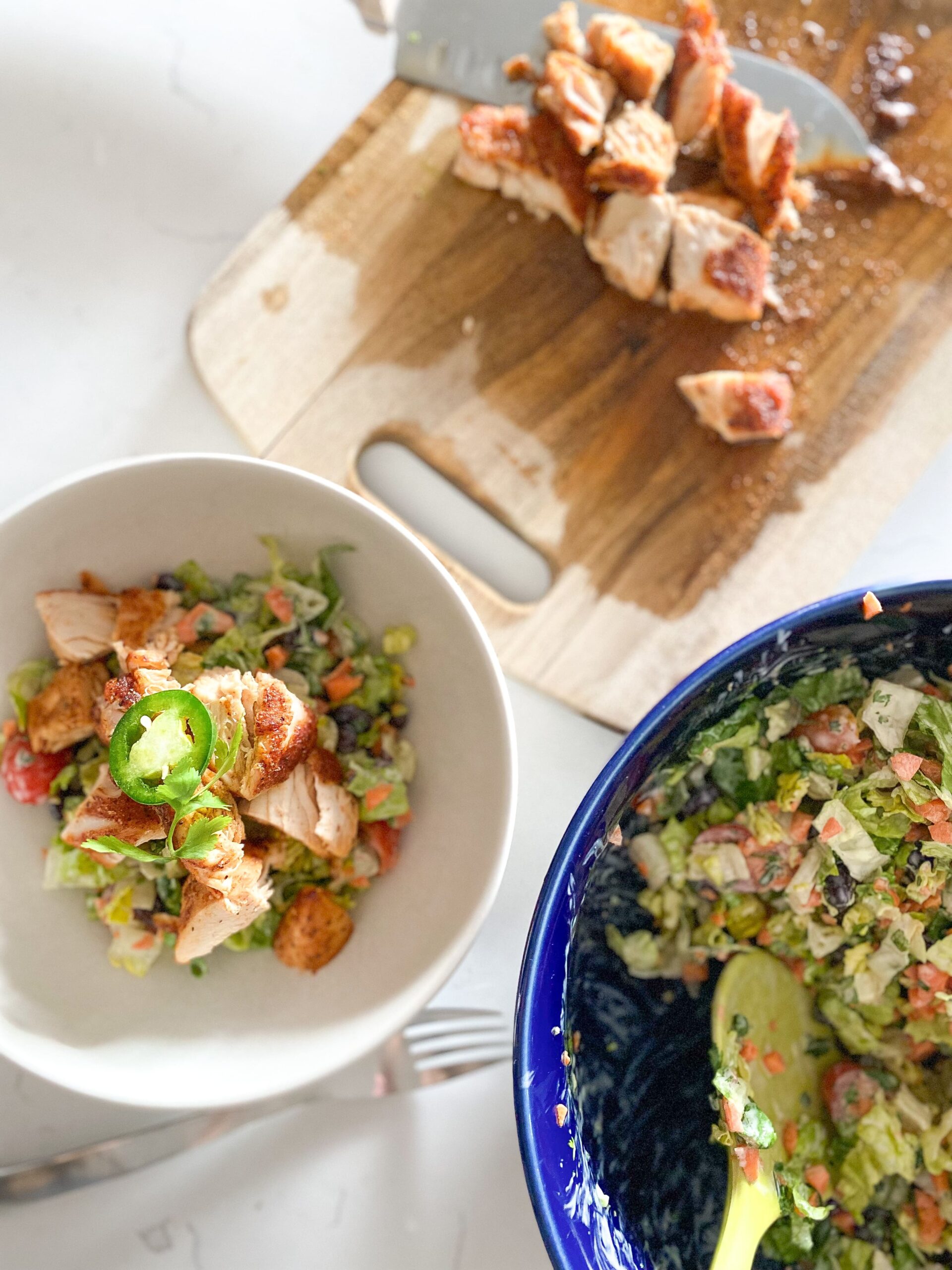The medical condition known as gastroesophageal reflux disease, also referred to as GERD or reflux, occurs when the contents of the stomach, including stomach acid and food, back up from the stomach into the esophagus and may even travel into the mouth and throat.
When stomach acid reaches your esophagus, the result is a burning sensation in the neck or chest area, commonly known as heartburn. This condition can be affected by what we eat and drink on a daily basis. With this in mind, it’s important to know what foods exacerbate GERD symptoms so that we can avoid those foods and tailor our eating habits to omit certain things, including these top 10 heartburn-causing items:
Invest in your health to live your best life.
Foods That Contribute to Heartburn

1. Tomatoes
Tomatoes and any foods made from this fruit are highly acidic and common culprits that may cause acid reflux. When you eat tomatoes, marinara sauce, ketchup, or any other products that contain tomatoes as a main ingredient, you may find that these items can trigger acid reflux as they relax the lower esophageal sphincter (LES). Since tomatoes are both a high-acid food and have a high water content, these items may increase stomach volume and boost acid backflow.
2. Caffeinated Beverages
Coffee, black tea, and other caffeinated drinks are recognized triggers of GERD and can contribute to heartburn. Caffeine may relax the lower esophageal sphincter (LES)—the muscle that keeps stomach contents from flowing back into the esophagus—allowing acid to escape upward. These beverages can also increase acid production and irritate sensitive stomach tissue.
If you experience frequent heartburn or reflux, reducing or eliminating coffee, black tea, and energy drinks may help relieve symptoms. For those who find it difficult to give up caffeine entirely, switching to low-acid coffee, herbal teas, or caffeine-free alternatives can be a helpful way to minimize discomfort.
3. Alcohol
Another item that may cause GERD symptoms is alcohol. Since beer, wine, and spirits will relax the LES and irritate the stomach lining, this can trigger acid reflux. Also, alcohol slows motility—the rate at which food moves through the GI tract. In addition, as alcohol goes through the metabolization process, it produces the toxin acetaldehyde, which can affect the LES and GI tract functioning. Removing alcohol from your diet may help reduce acid reflux episodes. If you aren’t ready to remove alcohol from your diet completely, try to avoid these beverages at least 2-3 hours before bedtime, as lying flat after drinking alcohol can increase the risk that you’ll experience acid reflux.
4. Fried Foods
Foods that are high in fat content have also been known to trigger symptoms of acid reflux. Fried food causes acid reflux by reducing LES pressure and relaxing the valve. The result is a backflow of acid between the stomach and the esophagus. If you still want to enjoy the occasional fried food item, consider air frying your favorite foods. This way, you’ll still be able to enjoy fried foods that have been cooked in a healthier manner and may be less likely to cause GERD symptoms.
5. Spicy Foods
As you might imagine, spicy foods can contribute to acid reflux. Spicy foods stimulate transient receptor potential vanilloid 1 (TRPV1) receptors, which cause pain or a burning sensation. Higher levels of TRPV1 often correlate with more severe reflux symptoms and inflammation in the esophagus.
6. Citrus
Citrus fruits, with their high acid content, are common culprits of acid reflux. The juices lower LES pressure and irritate the esophageal lining, especially in individuals with a history of acid reflux episodes. Researchers have also found that citrus fruits may cause acid reflux due to their sour nature. Since it may take longer to drink citrus fruit beverages, people tend to swallow more while consuming the drink—as opposed to when they drink another type of beverage, such as water—which can cause acid reflux.
7. Carbonated beverages
People who suffer from acid reflux are also advised to avoid carbonated beverages. Beverages such as sparkling water, soda, and kombucha may result in irritation and also reduce LES pressure. The best way to see if carbonated drinks cause acid reflux symptoms for you is to try a few days with these beverages and a couple of days without them. If you notice a difference in your acid reflux symptoms, you will know whether it’s a good idea to remove this item from your diet.
8. Chocolate
Chocolate is a common cause of acid reflux, as it decreases LES pressure. Additionally, it contains theobromine, a bitter-tasting compound that has long been associated with symptoms of heartburn. You can still have the occasional piece of chocolate; however, try to keep your chocolate intake to a minimum.
9. Fatty Foods
Foods that are naturally high in fat, such as processed meats, whole milk, and cheese, can also increase your stomach acid levels. These foods require more time to digest, and may also reduce LES pressure, ultimately impacting the valve function. However, you don’t want to eliminate fat from your diet completely as this macronutrient is necessary for your body to perform vital functions. To still keep fatty foods in your diet but reduce the occurrence of acid production, you can spread out your fat intake throughout the day and replace consumption of saturated fats with healthy fats, such as those found in fish, nuts, eggs, and avocados.
10. Garlic and Onion
Garlic and onion are two known triggers of acid reflux. This is also true for other allium foods, especially raw alliums, including chives, leeks, and shallots. Raw alliums relax the LES and result in acid reflux symptoms. Alliums also contain fructans, which are carbohydrates that can cause digestive problems in some people. If you still want to enjoy alliums but don’t want to risk GERD symptoms, you can cook these ingredients before eating, which helps reduce episodes of discomfort in some individuals.
Bonus: Peppermint
Peppermint is a popular tea item and food flavoring. However, individuals who are susceptible to acid reflux may find that this herb is an irritant to them. Since it relaxes the LES and other GI tract muscles, acid reflux may occur. Alternatively, peppermint is known to settle the stomach for many people, so if you aren’t averse to peppermint, it may be a good option to consume if it doesn’t cause acid reflux.

Foods That Help Prevent Acid Reflux
Now that you know what food and beverages you may want to avoid as they can worsen acid reflux, let’s explore foods that may help to reduce acid reflux:
High-fiber Foods
Eating fibrous foods helps you feel full more quickly, thereby preventing you from potentially overeating, which can lead to heartburn. Some healthy fiber foods you may want to add to your diet to manage acid reflux include the following:
- Whole grain foods, such as whole grain bread, brown rice, and oatmeal
- Sweet potatoes, beets, carrots, and other root vegetables
- Green vegetables, including broccoli, asparagus, and green beans
Alkaline Foods
Foods with a low pH level are acidic. As a result, these foods may be more likely to cause acid reflux and worsen GERD symptoms. Alternatively, foods with a higher pH, i.e., alkaline foods, can help neutralize stomach acid. Some examples of these foods include:
- Cauliflower
- Bananas
- Nuts
- Fennel
- Melons
High Water Content Foods
Eating foods that are high in water content can weaken and dilute stomach acid. Examples of these foods you may want to add to your diet include:
- Cucumber
- Lettuce
- Celery
- Watermelon
- Soups with a broth base
- Herbal teas
Heartburn Home Remedies
When seeking heartburn home remedies, some popular choices include ginger, broth-based soups, herbal tea, oatmeal, and small amounts of apple cider vinegar added to a glass of warm water. Skim and nonfat milks coat the stomach lining for short-term relief. Ginger tea is a good option as it has both alkaline and anti-inflammatory properties. Mixing baking soda with water can be used as a temporary remedy for acid reflux, as the high pH of the baking soda neutralizes stomach acid. Additionally, the combination of a small amount of lemon juice, warm water, and honey has an alkalizing effect that offers a natural home remedy option for neutralizing stomach acid.
How a Dietitian Can Help
Ultimately, the best course of action is to consult with a dietitian if you experience chronic acid reflux. A registered dietitian can offer helpful advice and guide you in your journey to living as symptom-free as possible from acid reflux issues. Contact your local dietitian today for assistance!
